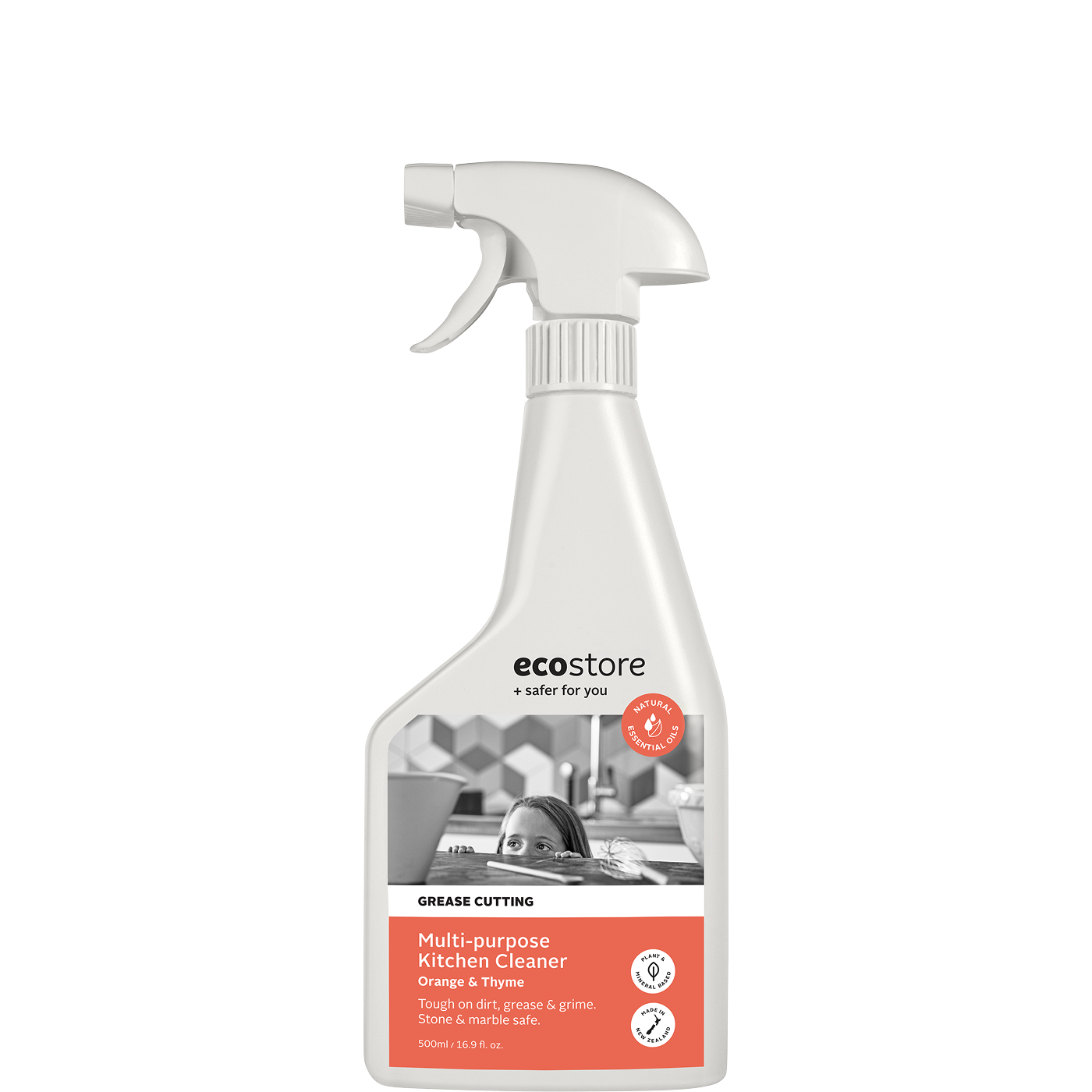Ingredient - Cymbopogon Nardus (Citronella) Oil
Citronella oil is an essential oil with a grassy-lemon aroma derived from the leaves of citronella grass (Cymbopogon nardus). We use this ingredient to add fragrance to some of our products.
Citronella grass is native to Southeast Asia and is widely cultivated in countries such as Indonesia, Sri Lanka, and India. It grows in dense tufts and can reach a height of 1-2 meters. The grass has long, narrow leaves and stems that are rich in essential oil. The oil is extracted through steam distillation of the fresh or dried grass.
Citronella oil is widely recognized for its insect-repelling properties. It contains several constituents, including citronellal, geraniol, and citronellol, which are known to deter mosquitoes and other insects. Due to its natural repellent qualities, citronella oil is commonly used in the production of candles, lotions, and sprays designed to keep insects at bay.
Citronella oil is also believed to have antifungal and antibacterial properties, which make it useful in certain cosmetic and personal care products. The oil can be used in soaps, shampoos, and skincare formulations for its refreshing scent and potential antimicrobial effects.
Citronella oil is generally considered safe for topical use. However, it's important to note that some individuals may be sensitive to the oil, and it may cause skin irritation or allergic reactions in rare cases. The safety of citronella oil has been assessed by regulatory bodies - in the United States, the Environmental Protection Agency (EPA) considers it safe for use in products like sprays, lotions, and candles.
Botanical name: Cymbopogon nardus
Other names: Citronella Oil Ceylon
Chemical class: Essential Oils and Waters
Main constituents: Citronellal, Geraniol, Nerol, Elemol, delta-Elemene
REFERENCES
Kehinde F. Adeleke, Cymbopogon nardus Essential Oil: A Review on Its Composition and Biological Activities, Medicines, vol. 4, no. 3, 2017, doi: 10.3390/medicines4030068.
Tropical Plants Database, Ken Fern. tropical.theferns.info. 2023-05-08.
United States Environmental Protection Agency (EPA). Reregistration Eligibility Decision (RED) Fact Sheet for Oil of Citronella. https://nepis.epa.gov/Exe/ZyPURL.cgi?Dockey=P1009G6J.txt
Bayala, B., Coulibaly, A. Y., Djigma, F. W., Nagalo, B. M., Baron, S., Figueredo, G., Lobaccaro, J. A., & Simpore, J. (2020). Chemical composition, antioxidant, anti-inflammatory and antiproliferative activities of the essential oil of Cymbopogon nardus, a plant used in traditional medicine. Biomolecular concepts, 11(1), 86–96. https://doi.org/10.1515/bmc-2020-0007
Free shipping on orders over $130
Love me or your money back guarantee
Ingredient - Cymbopogon Nardus (Citronella) Oil






